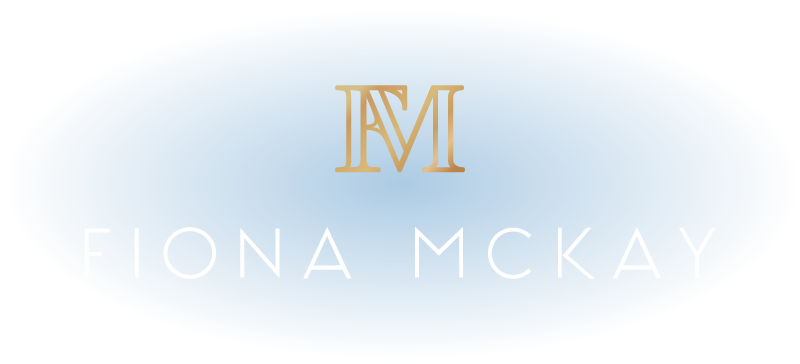Are Leaders Born or Created?
Whatever your thoughts on the new President of the United States, there is no denying that Donald Trump possesses strong leadership qualities that have contributed to his success in business and were critical in winning the ultimate race for leadership.
Where Clinton adopted a collaborative approach, Trump cultivated his own following through what many saw as an inspirational vision for the future of their country. Throughout their campaigns, both Trump and Clinton demonstrated themselves as polarising figures who possessed leadership qualities that simply cannot be taught. Or can they?
When a nation gears up to choosing their leader, the world inevitably starts asking questions and analysing the leadership styles and approaches that garner the most success. Perhaps the most common debate in this instance is whether some are born with the natural abilities to become great leaders, or whether these qualities can be taught.
In the business world, an overwhelming number of people believe that leaders are born rather than made. The assumption being that some people come into this world with a natural capability to lead, and if you weren’t one of those lucky ones there’s not a lot you can do about it. In 1840, Philosopher Thomas Carlyle backed the born not made theory and said: “To suggest that leaders do not enter the world with extraordinary endowment is to imply that people enter the world with equal abilities, with equal talents.”
On the flipside, behavioural theorists state that people become leaders through the process of teaching, learning and observation. It is also thought that in order to be a good leader, you need to continue to develop and adapt to your changing environment, something natural born ability can’t help you with.
Working closely with a number of prominent leaders over the years, I believe leaders are mostly made. That is, two-thirds of an excellent leader’s skills are taught and the rest they are born with. The skills that are innate, ones that simply cannot be taught, are the softer skills like charisma, influence and the ability to inspire. It is worth pointing out that these softer skills are more important than ever in today’s rapidly changing business world where intuition and the foresight to scan internal and external environments for impending disruptions is vital. In other words, those skills deemed soft are actually becoming the hard and real skills of a truly great people leader.
Alongside this, the job of effectively leading a business, or a nation, is obviously complex and those aforementioned skills will only get you so far. To expect that a person would be born with all of the tools they need to be a great leader simply doesn’t make sense, especially when it comes to the complexity of dealing with people and processes. As the business world adapts to the huge shifts in workforce style and approach as well as ongoing digitisation, businesses are investing more time and money into ensuring their leaders are on a path of continuous learning and development so they can cope with these changes.
With a set of innate traits that are refined over time, coupled with education training and experience, it’s safe to say that leadership is very much an art rather than a science. We can only hope that Trump uses his natural ability to galvanise people for good and that he invests the necessary time required to develop into a President who will be remembered for all of the right reasons.
Get in touch with us today to find out how Fiona can help you and your business.
